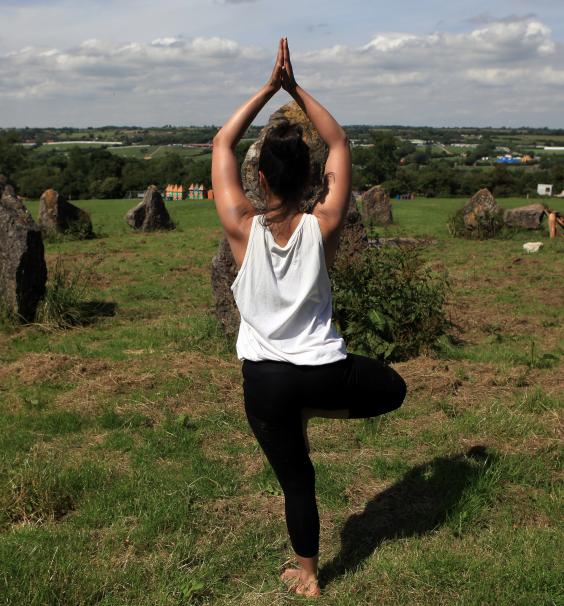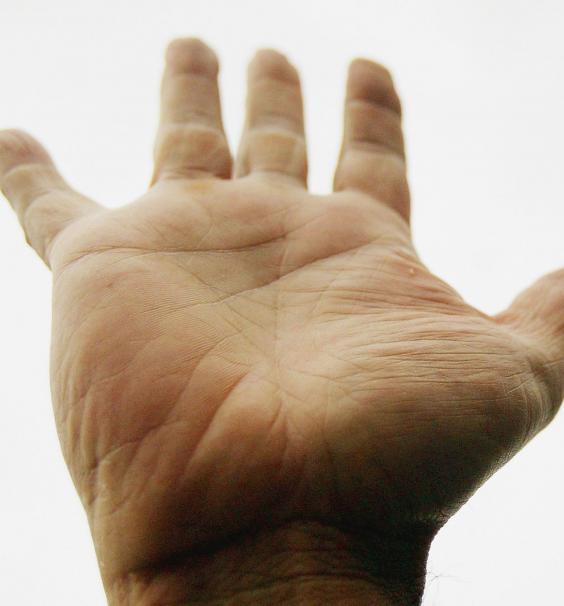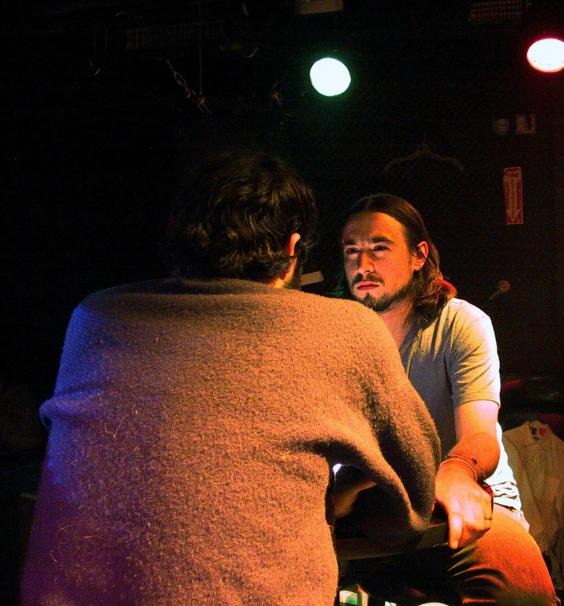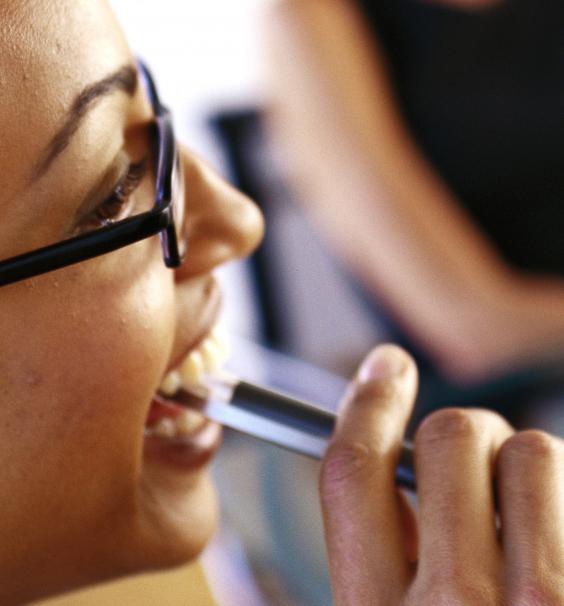The 7 worst body language mistakes job seekers make
From the moment you arrive for a job interview until the moment you leave, you need to be keenly aware of your gestures and nonverbal cues.
Your dream employer is hiring, so you do your homework, submit your resume, land yourself an interview, and kill it in the hot seat. You’re pretty confident it’s in the bag.
But on your way out, you shake the interviewer’s hand, thank him for his time, and completely blow your chances.
How? The handshake was weak and you failed to make eye contact.
That’s right: These simple mistakes can cost you the job, according to body language expert Tonya Reiman.“When someone first meets you, an evaluation is quietly and unconsciously taking place,” she explains. “There is an incredible amount of processing going on as millions of neurons in the brain are activated and working to determine if they believe you to be credible, trustworthy, and likable. That impression is based primarily on your nonverbal communication.”
So, from the moment you arrive for a job interview until the moment you leave, you need to be keenly aware of your gestures and nonverbal cues.
Here are seven common body language mistakes that can cost you the job:
1. Bad posture
Always be aware of your posture.“People don’t realize that the job interview begins in the waiting room, but it does. So don’t slouch in the chair in the reception area,” Reiman says. “In order to be perceived as confident, you must sit or stand tall, with your neck elongated, ears and shoulders aligned, and chest slightly protruding.”
This position changes the chemicals in our brain to make us feel stronger and more confident, and it gives the outward appearance of credibility, strength, and vitality, she explains.
2. Bad handshake
People tend to show their dominating personality by gripping the interviewer’s hand and palming it down, but this tells the interviewer that you need to feel powerful, Reiman explains. “Instead, the handshake should be more natural: thumbs in the upward position and two to three pumps up and down.”As the applicant, you should always wait for the interviewer to extend their hand first, she adds.
3. Sweaty palms.
There is nothing worse than shaking hands with someone who has clammy palms. “If this is you, go into the bathroom and rinse your wrists under cold water for a good minute,” she suggests. “This will give you dry palms for roughly 10 minutes so your first handshake is a strong and powerful one — not sweaty and insecure.”4. Lack of eye contact.
“Make sure you offer the appropriate amount of eye contact,“ Reiman says. “If you don‘t, the interviewer will assume you are either insecure, don‘t have an appropriate answer for the question being asked, or are being deceptive. Does that mean it’s true? No, but perception is everything in a job interview.“5. Fidgeting
Playing with your hair, touching your face, or any other kind of fidgeting can be a major distraction for your interviewer. It also demonstrates a lack of power, Reiman says. “When we touch our faces or hair, it is because we need self soothing.”Is that the message you want to send to your interviewer?
6. Appearing distracted or uninterested.
You don’t want to be shifting in your chair or crossing and uncrossing your legs, she says. This may tell the interviewer that you’re bored. Instead, demonstrate interest by leaning slightly forward, tilting your head, and nodding on occasion.7. Failing to smile
Reiman says smiling demonstrates confidence, openness, warmth, and energy.“It also sets off the mirror neurons in your listener, instructing them to smile back. Without the smile, an individual is often seen as grim or aloof,” she concludes.
Sources: https://www.independent.co.uk








Comments